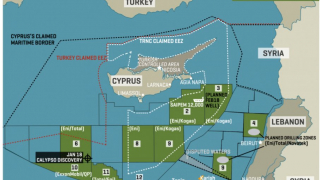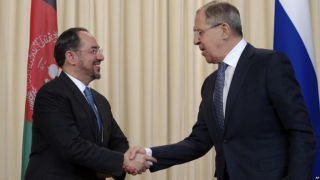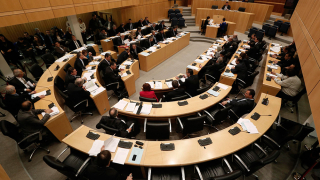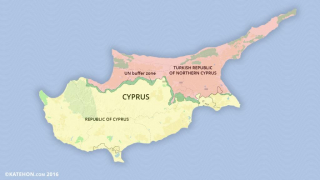See also
07.11.2016
In Switzerland, another round of talks on the unification of Cyprus begins. Meanwhile, Turkish Cypriot Mustafa Akinci marked the main directions for...
11.02.2020
Exxon Mobil and Total have asked Mozambique to send more troops to guard their operations in the north of the country following a series of Islamist...
20.11.2018
After seeing the blood bathing by seventeen years of war in Afghanistan and its spillover effects on the entire region, the regional players yearn...
14.10.2016
The President of Colombia, the Nobel Peace Prize laureate, Juan Manuel Santos said that the agreement with the FARC has been extended until December...
11.01.2017
The Syrian government and the so-called moderate opponent groups signed a ceasefire treaty, and from the night of 29th December countrywide ceasefire...
08.07.2016
The initiators of the vote are calling for the normalization of relations with Russia and the restoration of old commercial and political ties...
20.10.2016
The Russian Embassy in Israel informed that the first round of negotiations between Israel and the Eurasian Economic Union on a free trade agreement...
19.01.2017
The participation of Saudi Arabia and Qatar in Syria talks will be discussed once they stop backing militancy, Syria’s deputy foreign minister was...
07.10.2016
The travails of Cyprus (82% Greek, 18% Turkish population) appear to be never-ending. At the time of writing, it has been 42 years of unbroken...
22.11.2016
The two-day talks between the leaders President Nicos Anastasiades and Turkish Cypriot leader Mustafa Akıncı were held.
In the UN statement it has...
31.01.2023
Those behind the Throne are never more dangerous than when they have their backs against the wall.
04.11.2016
The Cyprus problem is a Russian problem as well. The current purblind negotiations, ostensibly between the two Cypriot communities (82% Greek and 18...












